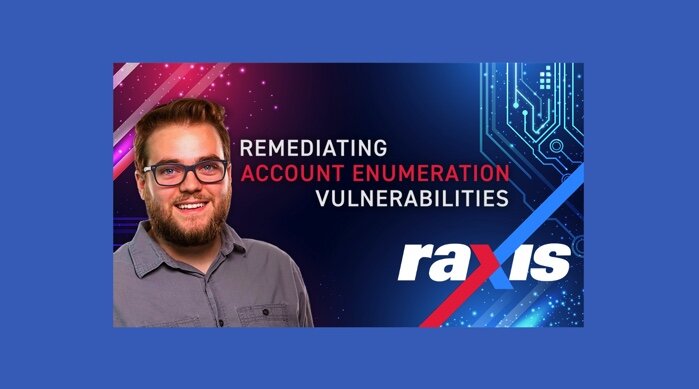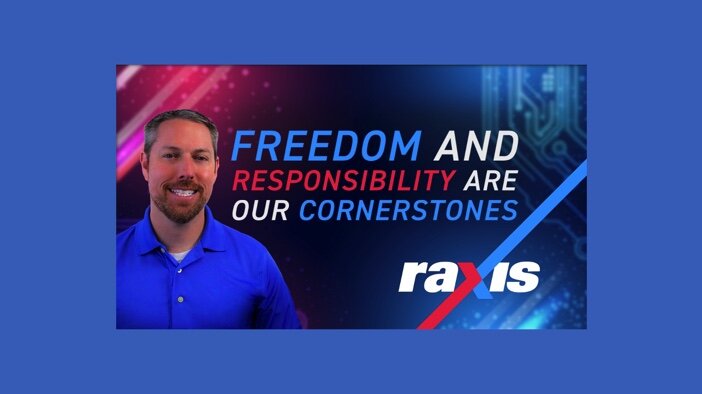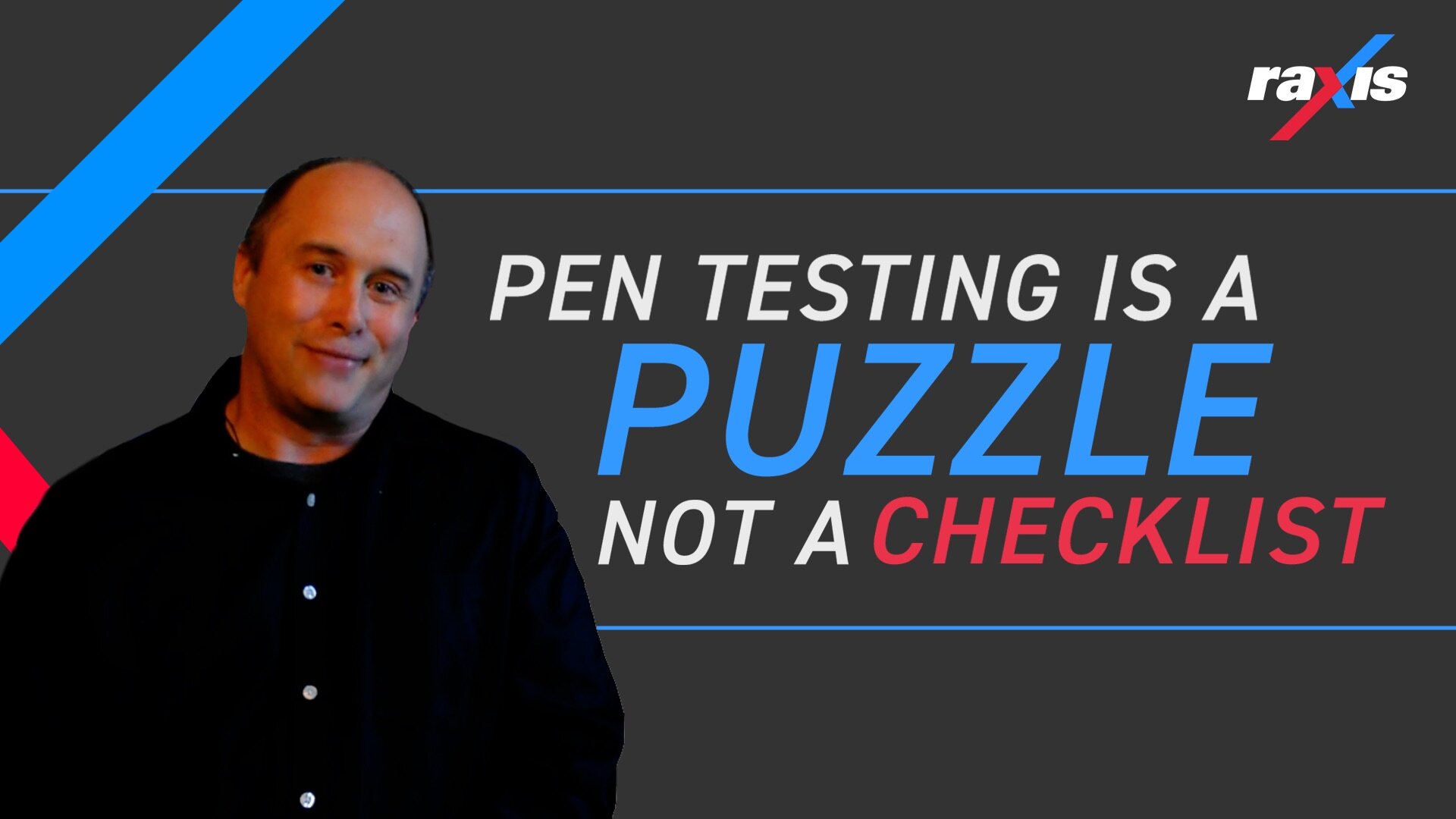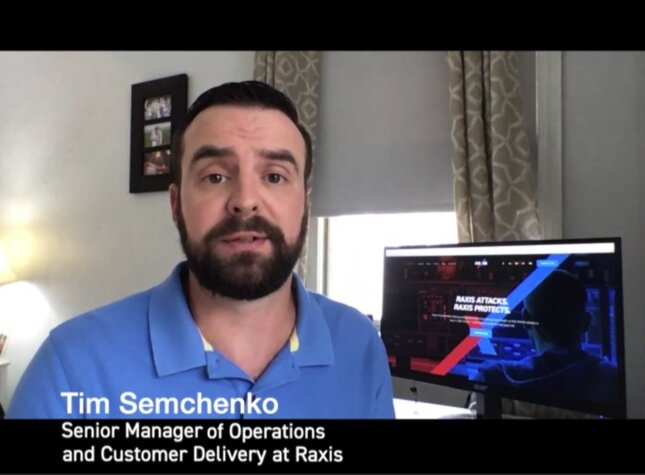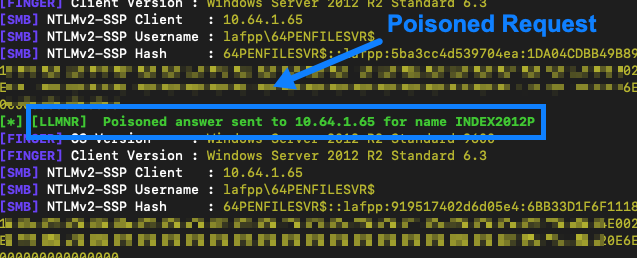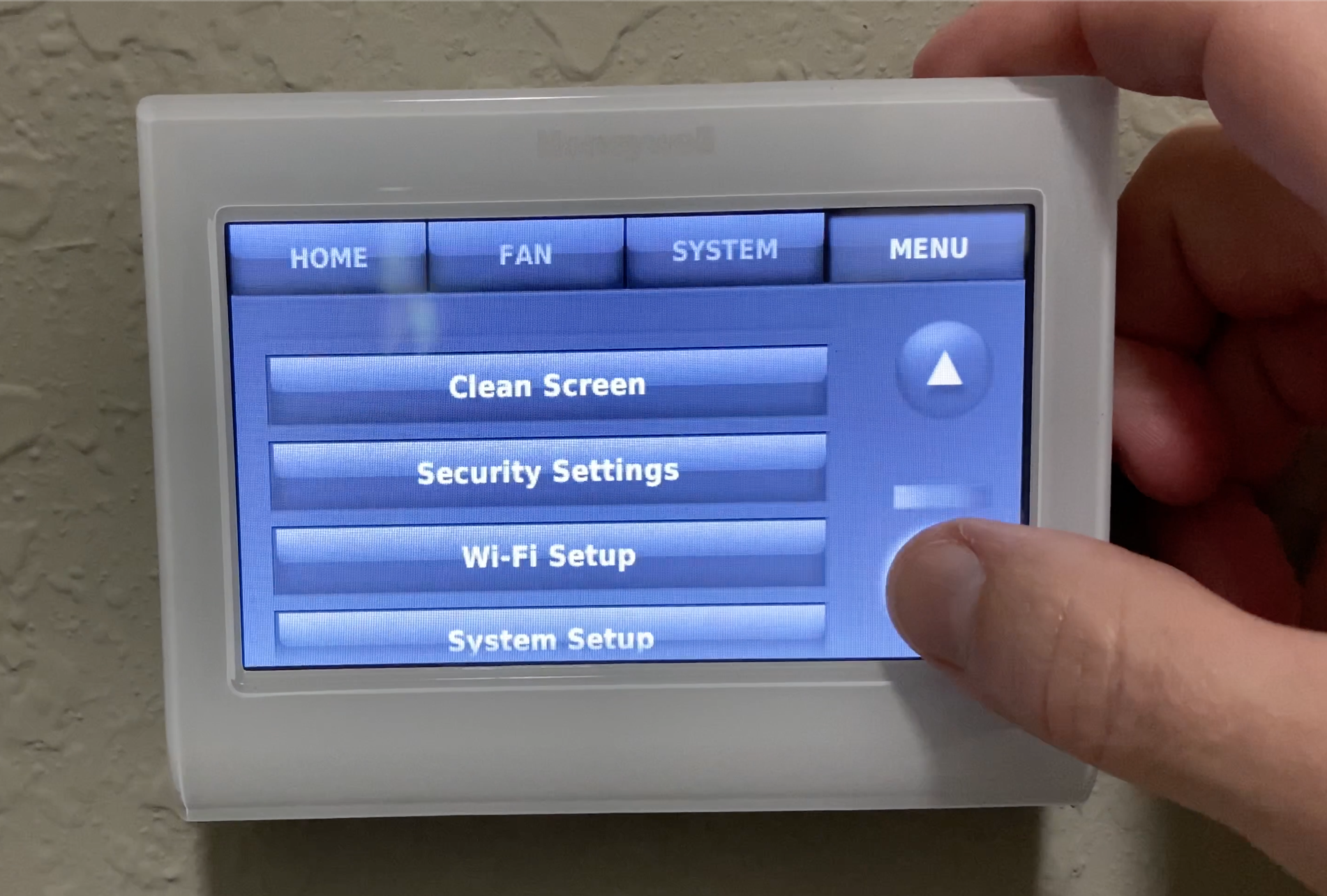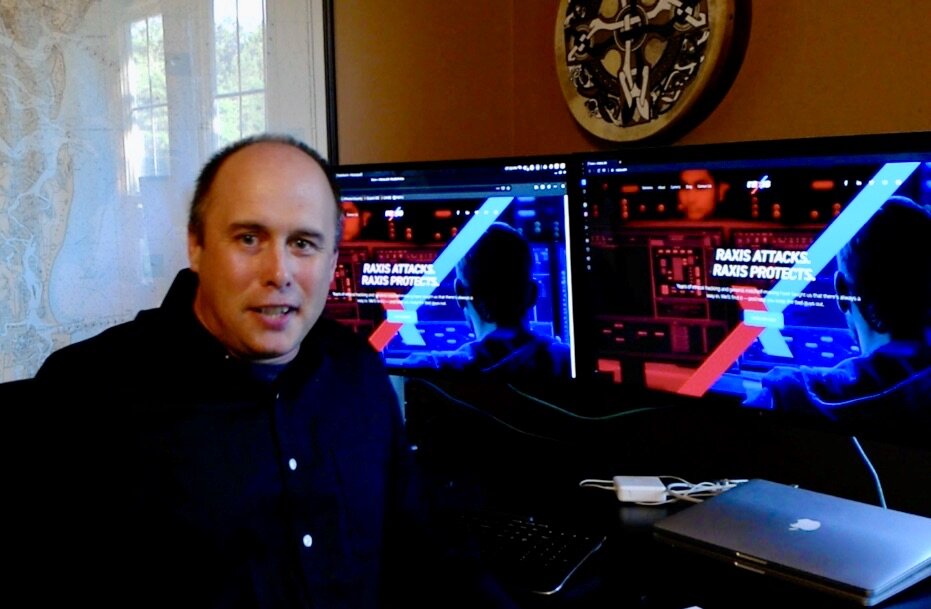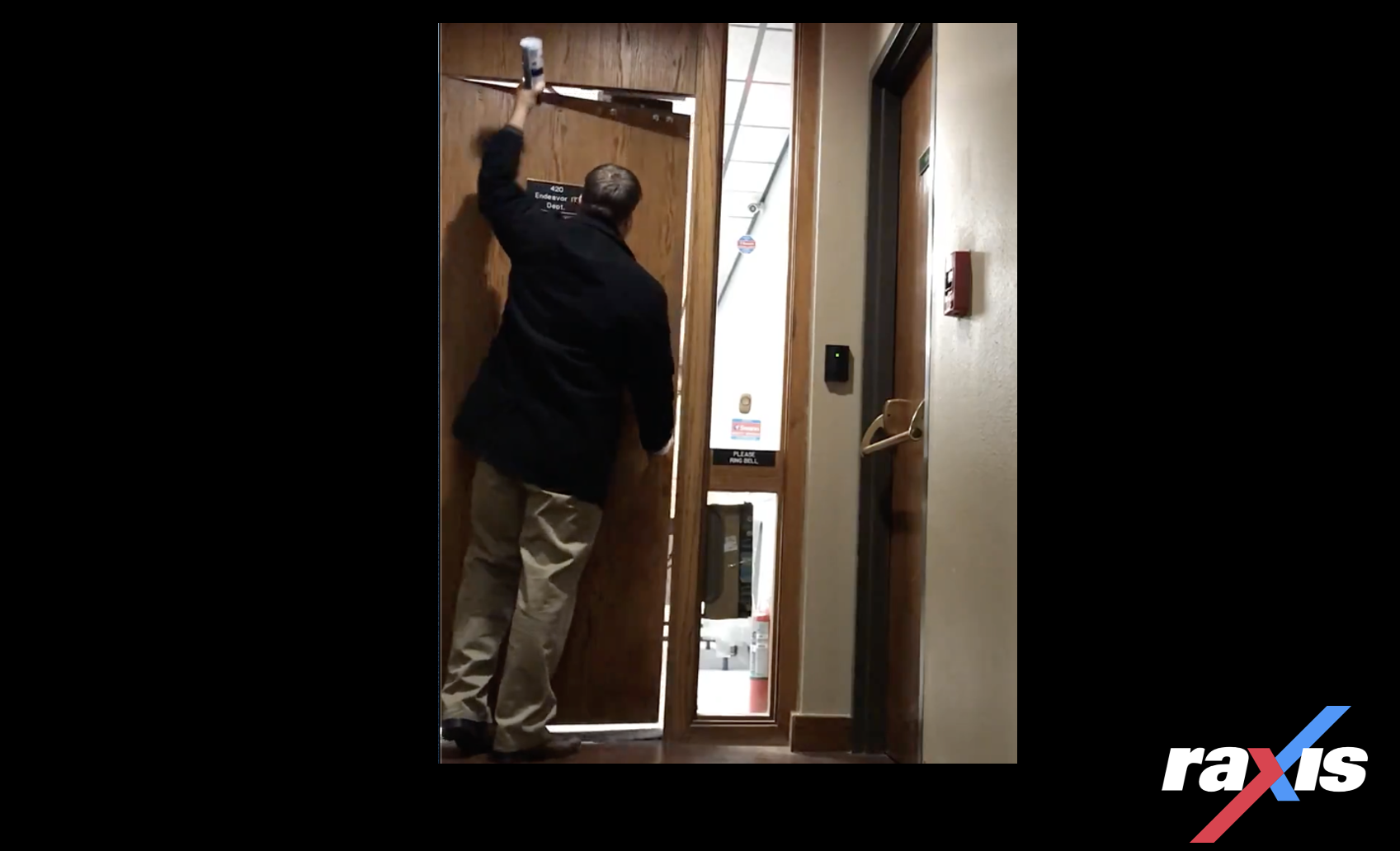Raxis is an amazing place to work.
As founder and CEO, I say that with a great deal of pride – and only one (very important) qualifier.
Raxis is an amazing place to work if you’re the right person for the job.
Over the past several weeks, you’ve heard from our employees about what makes it special to be part of our team.
Throughout this series, they told you what it‘s like to work for Raxis, the skills needed to be a penetration tester, and how communication is key to, not only our success, but also the success of our clients. While I am very proud of what Raxis has done and how good we are at it, I am even more proud of the culture we have created.
At Raxis, we truly believe in fostering a culture of education. We take pride in the learning environment we have created and the continued growth of our people. We encourage our employees to constantly expand on their skills and to share as they go — when one learns, we all learn.
We also believe in giving our employees the freedom to do their job on their own time. With that freedom, the expectation of results is understood. Our fully remote team is made up of people who don’t need constant supervision and instruction. Instead, our team is driven by their commitment to finding results for our customers.
Most importantly, when it comes to fostering the Raxis culture, it comes down to teamwork. Our diverse team is composed of some of the brightest minds in the business all bringing different backgrounds and skillsets. We learn from one another, and by learning and working together, we provide amazing value for our clients.
Now, I’ll let you in on a little secret: What makes it special to me is all of them – the world-class team of professionals we’ve assembled. Their intellect, tech skills, experience, and personalities make each day interesting, exciting, and incredibly rewarding.
Being part of the Raxis team is not an easy job, but it is a fun job. Again, if you’re the right person for it.
Do you have what it takes to be part of our team? Please make sure to watch all the videos in this series. Honestly assess your ability to thrive in an environment where we value accountability far more than control. Where freedom and flexibility bring out our absolute best work. And where we’re as excited about tomorrow’s challenges as today’s victories.
If that sounds like your ideal work environment – and you’ve got the skills to hit the ground running – then let us hear from you.


